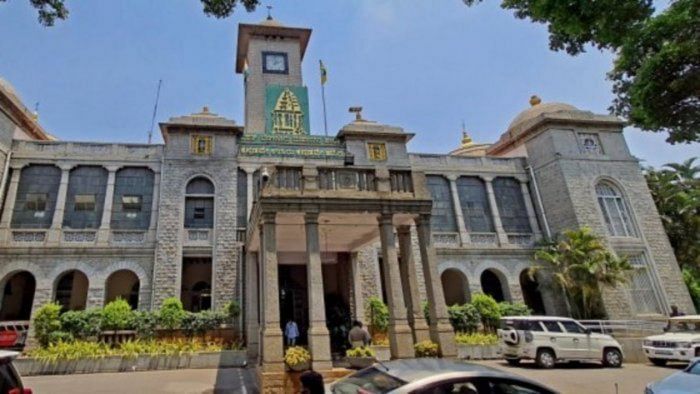
Bruhat Bengaluru Mahanagara Palike (BBMP) has been without an elected body for nearly three years now, and the polls seem to be further delayed with the Karnataka High Court granting the government 12 weeks to redo the delimitation of wards. The number of wards in the city was increased from 198 to 243 with the adoption of the BBMP Act in 2020, when the BJP was in power.
Accordingly, in 2022, the government notified the new wards, based on a report submitted by a BBMP panel. The report came to be criticised by various quarters, including citizen welfare groups and political parties who claimed that the delimitation was done unscientifically. While the population of Bengaluru has grown, the delimitation exercise was based on the outdated 2011 census.
Activists had pointed out that the civic body should have taken either the projected population in the absence of the 2021 census or the voters list into consideration to arrive at a more realistic picture of the population distribution. There were charges that the wards were redrawn not with administrative exigencies in mind, but to help the BJP in the elections. There was also no uniformity in the size of wards, with some being disproportionately large. The delimitation exercise was questioned as it was conducted by a group of bureaucrats and not by an independent commission headed by a retired judge as required under the Delimitation Act, 2002.
Also Read | 2024 Lok Sabha polls: BBMP to train officers
In 2022, the delimitation notification was challenged by B N Manjunatha Reddy and others, but their petition was dismissed by a single-judge bench of the High Court. The Congress government had preferred an appeal before the division bench, which directed that the exercise be conducted afresh and strictly in accordance with the law. There have been several judicial orders setting deadlines for the BBMP election but the government of the day has succeeded in putting it off under one excuse or the other. While the High Court had set a deadline of December 31, 2022, to complete the election process, the Supreme Court extended it to March 31, 2023. In fact, the State Election Commission had told the court that the government was deliberately postponing the elections.
The new government claims that it is keen to hold the election at the earliest. The courts should not grant any more extensions and should initiate contempt proceedings if the deadline is not met this time, too. Not holding elections to the biggest municipality in the state is untenable and is denial of the democratic rights of the citizens. This borders on a breakdown of the rule of law.